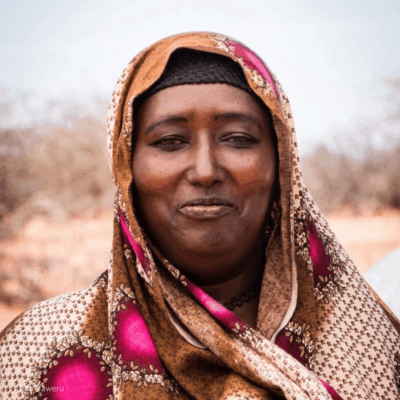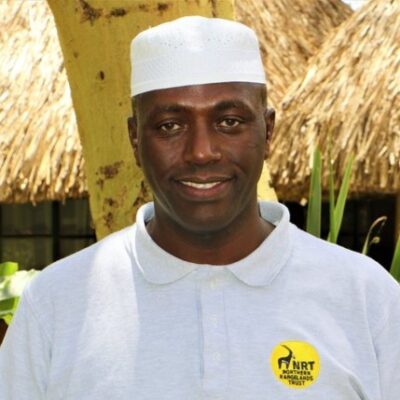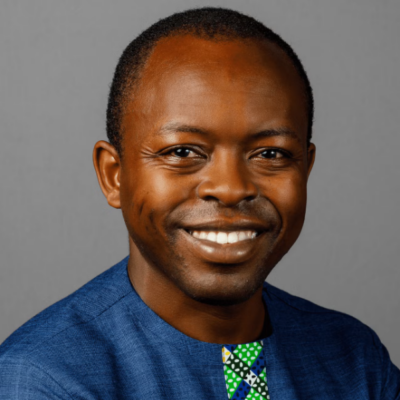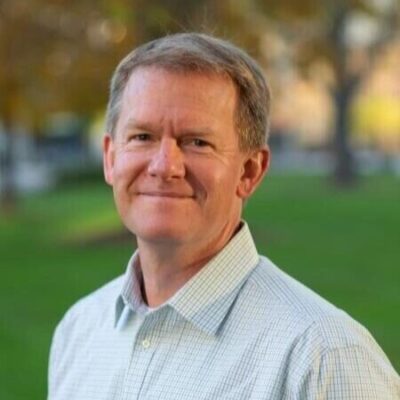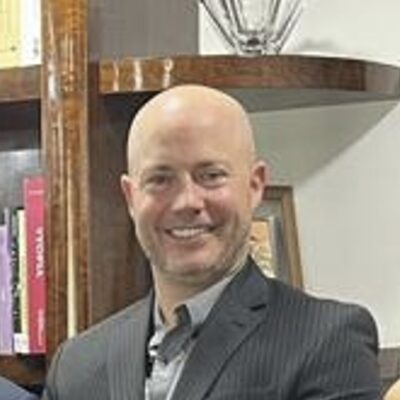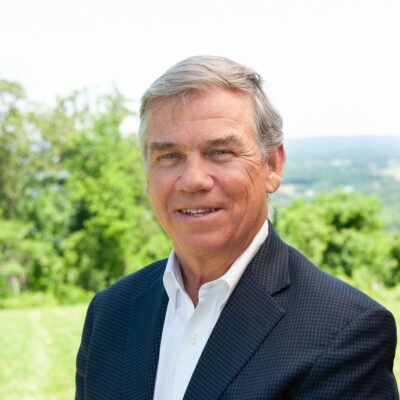Listeners:
Top listeners:
-
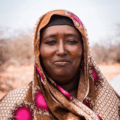 play_arrow
play_arrow
118 | Kenyan Herders Say Judgement Against Them Based on Forged Signatures / Continuation of Episode 117
-
 play_arrow
play_arrow
117 | Surviving Survival Internatinal, Part 1: Kenyan Elders Call Foul on International Media, NGOs
-
 play_arrow
play_arrow
116 | From Ticking Time Bomb to Demographic Dividend: James Mwangi and Kenya's Great Carbon Valley
-
 play_arrow
play_arrow
115 | Unpacking Donald Trump's Very Weird Environmental Orders
-
 play_arrow
play_arrow
114 | Michael Greene: Carbon Cowboy or Lone Ranger? Part 1
-
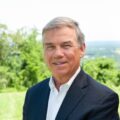 play_arrow
play_arrow
113 | The Future of Environmental Finance: Strategies for Biodiversity and Climate Solutions, with David Hill and George Kelly
-
 play_arrow
play_arrow
112 | Fantasy Football and Dynamic Baselines: New Tools for Impact Assessment
-
 play_arrow
play_arrow
111 | The False Dichotomy Between Reductions and Removals (Rerun)
-
 play_arrow
play_arrow
110| Ecological Economics, Systems Thinking, and the Limits to Growth
-
 play_arrow
play_arrow
109 | How Brazil's Quilombola Communities are Planting the Seeds of Sustainability for Small Farms Around the World, with Vasco van Roosmalen of ReSeed
Transcript
In this episode of Bionic Planet, we continue our dive into the complex and often contentious world of community conservancies in northern Kenya, focusing on the Biliqo Bulesa and Cherub Community Conservancies. The episode opens with a powerful statement from community members, emphasizing that the ongoing legal battles surrounding these conservancies are not about the interests of the community but rather the agendas of a few individuals.
We introduce Mustafa Mohamed Libin, a community member from Biliqo Bulesa, who shares the story of how his community took bold steps in 2007 to form a conservancy that is truly community-run, contrasting it with the historical context of land ownership in the region. The episode highlights the positive impacts of the conservancy, including the revival of traditional grazing practices and the introduction of carbon finance to support community initiatives.
However, the narrative takes a darker turn as we discuss the backlash faced by the conservancies, particularly following a report from the Oakland Institute that accused the Northern Rangelands Trust (NRT) of various human rights abuses. We explore the subsequent media frenzy that ensued, often lacking proper fact-checking and failing to consult actual community leaders. The episode serves as a follow-up to episode 117, providing deeper insights into the crisis faced by the community and the urgent need for their voices to be heard.
Throughout the episode, we hear directly from community members, including youth representatives and conservancy leaders, who express their concerns about the recent court ruling that deemed the conservancies illegal due to alleged lack of consent. They recount their shock at the judgment, which they claim was made without their knowledge or participation, and discuss the significant benefits the conservancies have brought to their lives, including access to education, healthcare, and economic opportunities.
The community members passionately defend the conservancies, asserting that the allegations made against them are unfounded and that the real beneficiaries of the conservancy are the local people. They highlight the transformative impact of the conservancy on women’s empowerment, youth engagement, and community development, emphasizing that the conservancy is a lifeline for their livelihoods.
As the episode progresses, we address the misconceptions propagated by external organizations and the media, which often portray the conservancies in a negative light. The community members clarify the differences between community-run conservancies and private conservancies, asserting their ownership and the positive changes that have occurred since the establishment of their conservancy.
In closing, the episode underscores the importance of community voices in the narrative surrounding conservation efforts. The community members call for transparency and engagement from external organizations, urging them to visit and understand the realities on the ground rather than relying on hearsay. This episode is a powerful testament to the resilience of the Biliko Bulesa and Cherub communities and their unwavering commitment to protecting their rights and livelihoods amidst external challenges.
If you find this kind of truth-telling important, consider supporting our work at patreon.com/bionicplanet. Your support helps us continue to share these vital stories.
Episodes
116 | From Ticking Time Bomb to Demographic Dividend: James Mwangi and Kenya’s Great Carbon Valley
February 25, 2025
115 | Unpacking Donald Trump’s Very Weird Environmental Orders
January 27, 2025
114 | Michael Greene: Carbon Cowboy or Lone Ranger? Part 1
December 6, 2024
113 | The Future of Environmental Finance: Strategies for Biodiversity and Climate Solutions, with David Hill and George Kelly
November 28, 2024

